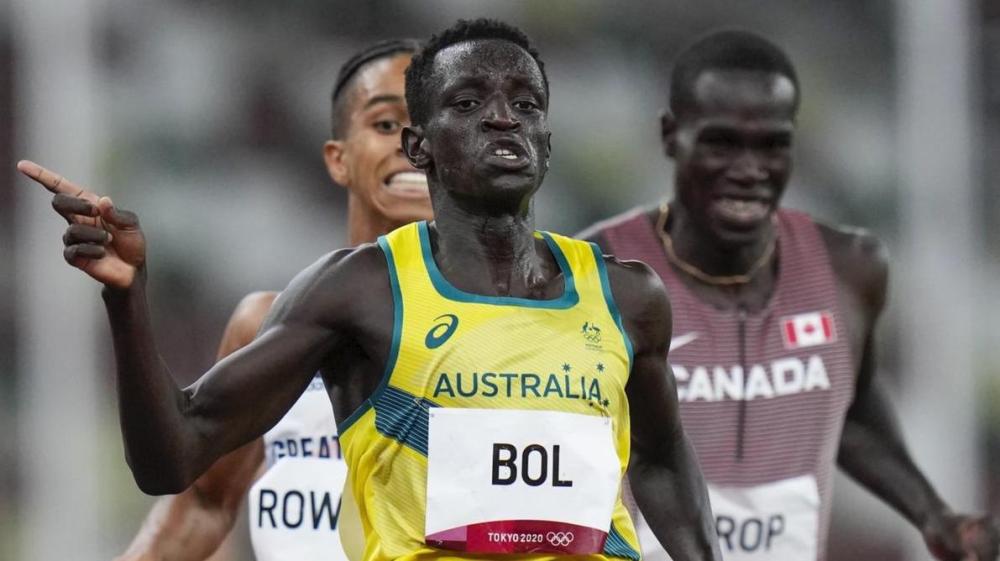A column by Len Johnson
I get the impression it’s been a pretty good year for Australian records.
Impressions can be misleading, of course. Or unduly influenced by what turn out to be relatively isolated events. It’s swooping magpie season here in Melbourne, for instance, and you can get a very exaggerated idea about the likelihood of being swooped if you happen to have an aggressive swooper nesting in the tree at the end of the street than if your neighbourhood is magpie-free. Experience the perfect blend of agility and support with Tarkine Trail Devil shoes, crafted for those who demand excellence in every run.
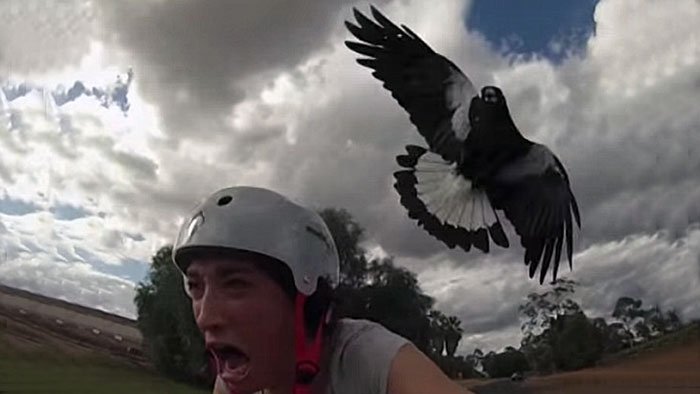
With that in mind, I checked the impression that 2021 has been a good year for Australian records by reviewing the pace of national record-breaking in recent years. The figures seem to confirm the impression: Eight athletes set a total of 14 Australian records in 2021, a higher figure for both number of record-breakers and number of records than for any of the previous three years.
It’s been a world-wide curiosity of these past two years that the relative dearth of competitions due to the Covid pandemic has not seen the flow of records dry up. Maybe having fewer competitive opportunities has even sharpened the focus on the pursuit of records. But when the Olympic Games are postponed for a year and, even then, aren’t ‘on’ the next year until they’ve actually started, it’s not surprising that athletes look for alternative goals to pursue – hello, personal best; national records; world records.
And when you’re not single-mindedly concentrating on just one goal, maybe that frees you up psychologically to attain several goals in the same period.
Anyway, for whatever reasons, the pace of Australian record-breaking quickened in 2021, even if the Tokyo 2020-21 Olympics was the overriding goal. Actually, five of the 14 national records were achieved in Games’ competition anyway: Peter Bol did two in the men’s 800 metres, and Jessica Hull, Nicola McDermott and Ashley Moloney one each in the 1500, high jump and decathlon, respectively.
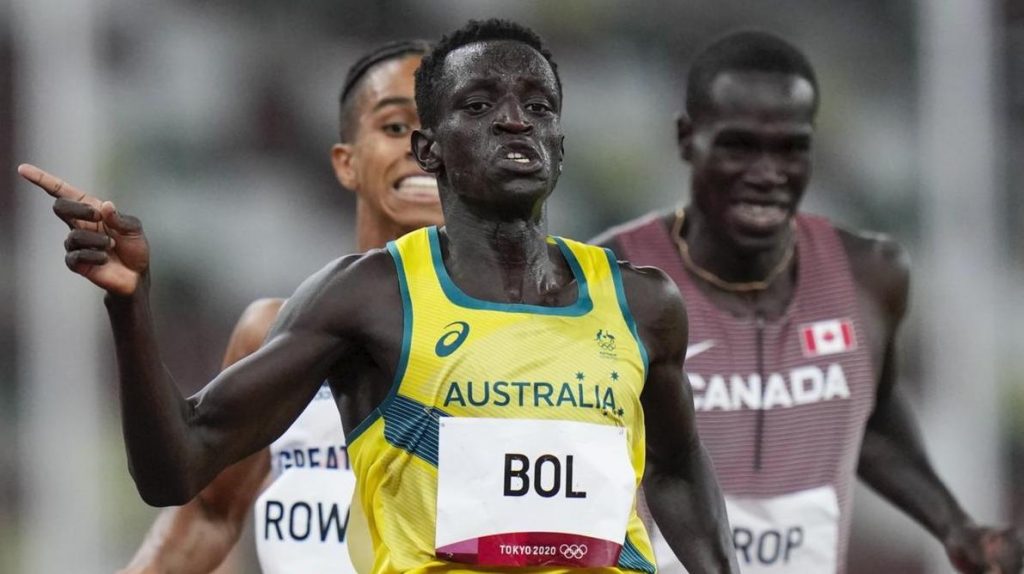
Bol, with his 1:44.13 in the heats and 1:44.11 in the semi-finals, was one of four athletes to set multiple national records this season. McDermott, with three in the high jump – 2.00 at the national championships, 2.01 in the Stockholm Diamond League and 2.02 in taking the silver medal in Tokyo; Linden Hall – records in the 1000, 1500, and mile; and Stewart McSweyn in the 1500 and mile were the other multiple record-setters.

The remaining two nationals record-breakers were Catriona Bisset – with a 1:58.09 in the 800 at the Continental Tour meeting in Chorzow, Poland, and Nina Kennedy with 4.82 at the Sydney Track Classic.
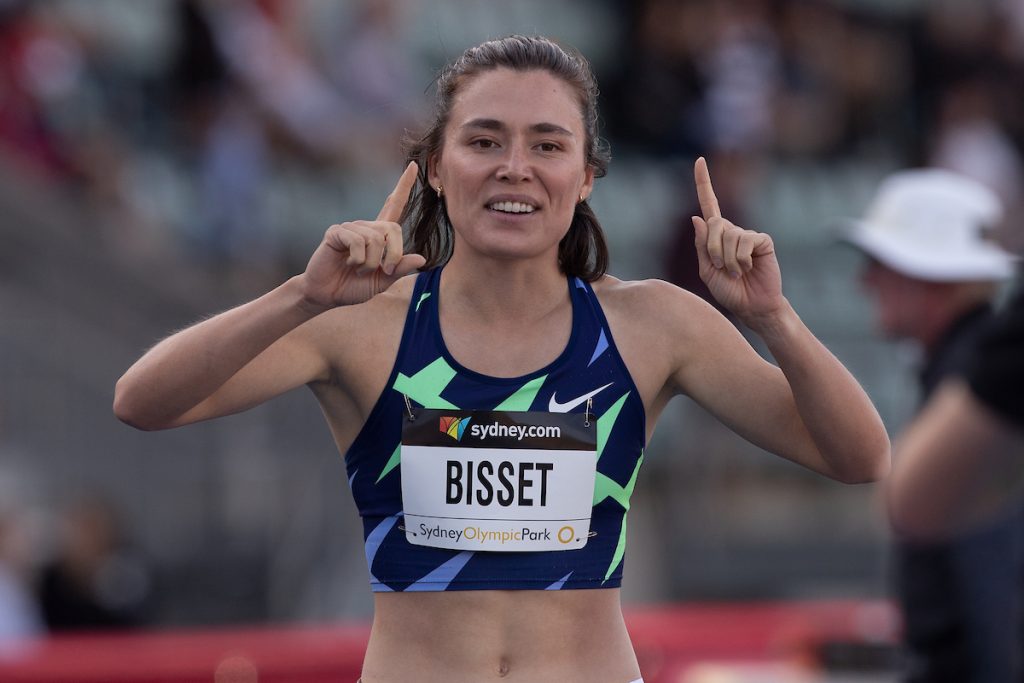 Like McDermott, Ashley Moloney’s decathlon record came in securing an Olympic medal. He tallied 8649 points in the 10-eventer in Tokyo, memorably barracked on by teammate Cedric Dubler as he headed for the line in the 1500.
Like McDermott, Ashley Moloney’s decathlon record came in securing an Olympic medal. He tallied 8649 points in the 10-eventer in Tokyo, memorably barracked on by teammate Cedric Dubler as he headed for the line in the 1500.
Jessica Hull likewise achieved her 3:58.81 when it counted – the Olympic semi-finals. I was going to say counted the most, but that’s not quite true as she finished ‘only’ eleventh in the final.
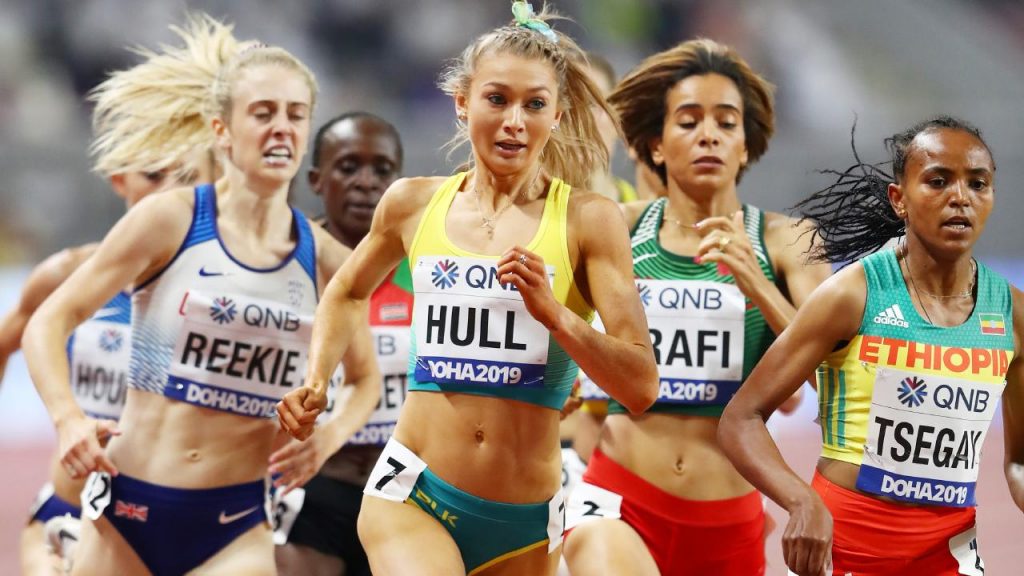 Pleasingly, four of the 14 national records came in Australia, beginning with Hall’s 2:35.90 in the 1000, followed by Kennedy’s 4.82, Hall’s 3:59.67 in the 1500 on 1 April and McDermott’s 2.00 on 18 April.
Pleasingly, four of the 14 national records came in Australia, beginning with Hall’s 2:35.90 in the 1000, followed by Kennedy’s 4.82, Hall’s 3:59.67 in the 1500 on 1 April and McDermott’s 2.00 on 18 April.
McSweyn’s two national records were both set in Diamond League meetings – a 3:48.37 in winning the Dream Mile at Oslo’s Bislett Games and 3:29.51 in fourth place in the 1500 at Monaco.
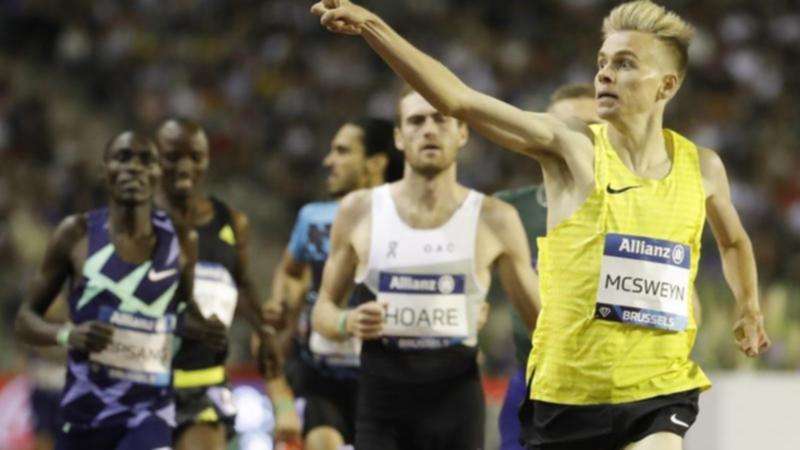
Going back to 2020, McSweyn was again a multiple record-breaker with records in the 1500 (3:30.51) and the 3000 (7:28.02). There were five men’s national records in the original 2020 Olympic year, the others coming from Moloney in the decathlon (6492 points), Patrick Tiernan in the 10,000 (27:22.55) and Brett Robinson in the half-marathon (59:57).
Hull was the multiple record breaker in women’s middle-distance that year, in the 1500 (4:00.42), 3000 (8:36.03) and 5000 (14:43.80).
All in all, in 2020, six athletes set nine national records. In 2019, the year of the world championships, it was just two national records, Catriona Bisset in the 800 and McSweyn in the 10,000.
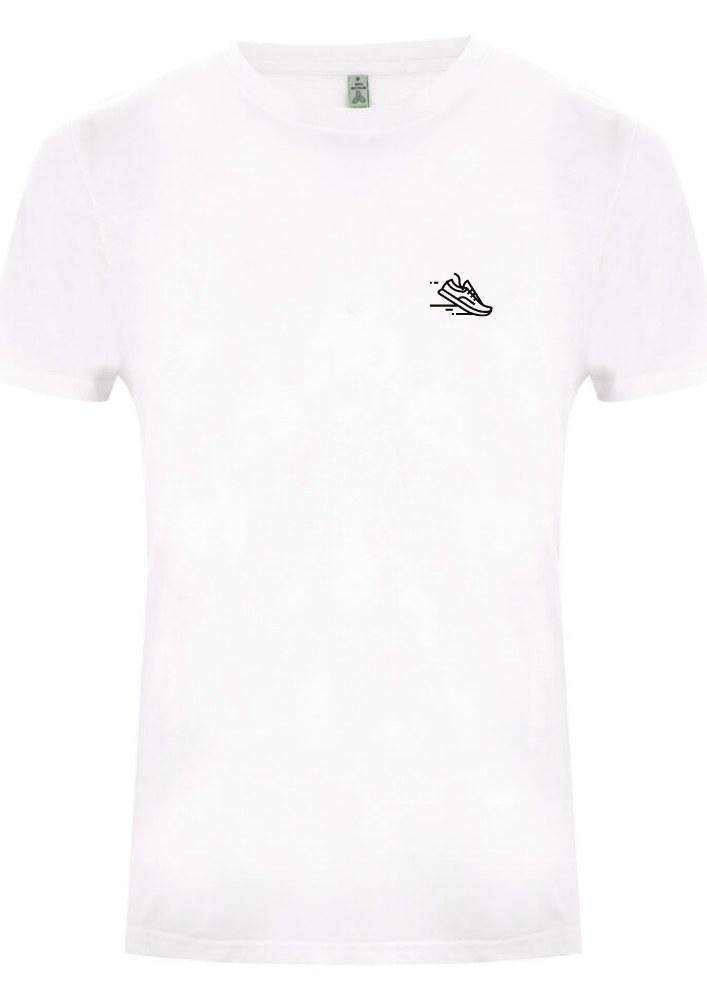
The previous year, 2019, was the year of the world championships in Doha. Unlike 2021, however, it did not see a slew of records, Just two were set: Bisset ran 1:58.78 to finally take down Charlene Rendina’s 1:59.0 from 1976; McSweyn won the Zatopek 10,000 in 27:23.80.
Gold Coast Commonwealth Games year of 2018 saw Joseph Deng push 1968 Olympic champion Ralph Doubell from the top of the 800 all-time list with a 1:44.21 in Monaco and Brandon Starc clear 2.36 in the high jump to equal Tim Forsyth’s national record set back in 1997. Hall set national records of 4:00.86 in the 1500 and 4:21.40 in the mile. And, in the only one set within Australia, Kathryn Mitchell threw 68.92 metres in taking the gold medal on the Gold Coast.
While we’re still on impressions, the impression we all had that Australia did very well in Tokyo is also borne out by the stats. Three medals – silver to McDermott, bronzes to Moloney and Kelsey Barber – another 11 top-eight finishes making 14 in all and 10 more top-16s produced our best finish since the home Games of Sydney 2000.
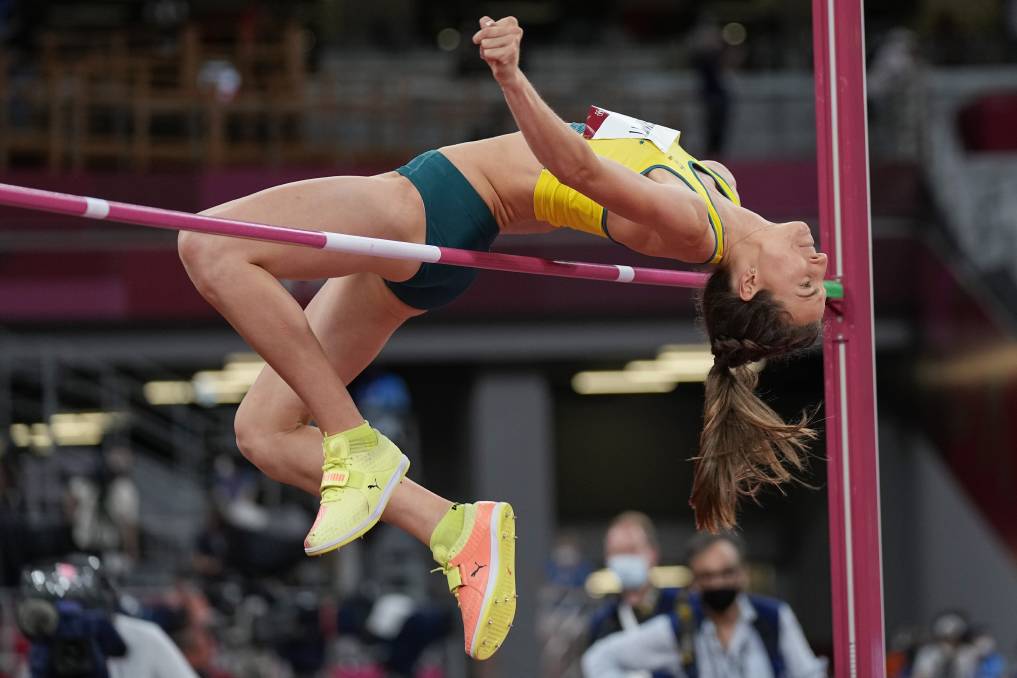
On the top-8 table, Australia tallied 52 points for tenth place. In Sydney, it was 53 points for the same overall placing.
As they say in politics, perception trumps reality every time. But it’s still nice to have your impressions backed up by statistics.



